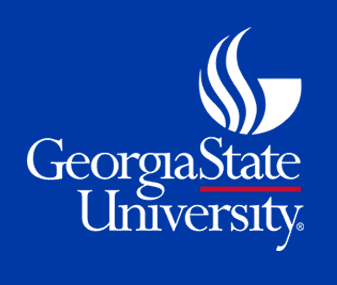Leveraging Georgia State University’s internationally renowned economics faculty and research centers, the STEM-designated Master of Arts (M.A.) in Economics program at GSU’s Andrew Young School of Policy Studies takes a pioneering approach to economics that emphasizes public policy and empirical ev

Leveraging Georgia State University’s internationally renowned economics faculty and research centers, the STEM-designated Master of Arts (M.A.) in Economics program at GSU’s Andrew Young School of Policy Studies takes a pioneering approach to economics that emphasizes public policy and empirical evaluation.
Our broad and customizable curriculum combines the latest theoretical advances with the analytical skills and practical experience you’ll need to tackle the complex problems facing analysts and economists today. As a student in our innovative program, you’ll learn the fundamentals of economic theories as they apply to:
The economics master's degree prepares you for:
Application Deadlines
Fall:
Spring:
Summer:
Taught by Internationally Recognized Scholars
Research interests in the areas of:
The master’s degree in economics:
Career Fields
Career opportunities for graduates of the online economics master’s degree are numerous, diverse and rewarding.
Our graduates hold top positions in:
Work with our Office of Career Services and Student Life to connect with the professional community and gain crucial career and leadership skills. Take advantage of employer panels, career fairs and workshops in resume writing, networking and professional presentation.
Student may select between the traditional economics track or the economic analytics track:
Traditional Economics Track 33 hours:
Economic Analytics Track 33 hours:
Goals & Outcomes
Program of Study Forms for Students:
Other forms:
Georgia State University is an enterprising urban public research institution in Atlanta,
the leading cultural and economic center of the Southeast.
With six campuses throughout metro Atlanta, the university provides its world-class faculty and more than 52,000 students with unsurpassed connections to the opportunities available in one of the 21st century’s great global cities.
A national leader in graduating students from diverse backgrounds, Georgia State provides a rich experience with award-winning housing, hundreds of student clubs and organizations, and one of the most diverse student bodies in the country.
Students, faculty and alumni enjoy a unique campus personality and culture based on ambition, hard work, dedication and perseverance.
Quick Facts
© 2025 coursetakers.com All Rights Reserved. Terms and Conditions of use | Privacy Policy